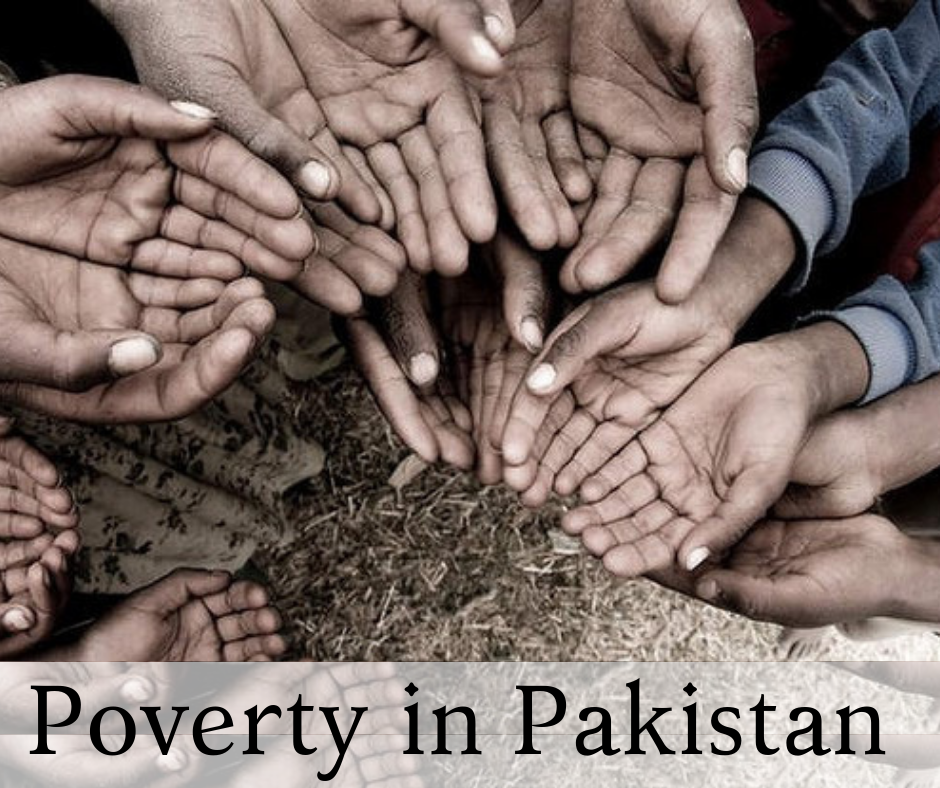Editorial
Pakistan today faces a governance dilemma that cuts to the heart of policymaking. Decisions on the lives of millions are often made in large state offices far removed from the realities of ordinary citizens. Republic Policy Think Tank, through its continuous research and data collection across diverse communities, has consistently observed that the policies designed in federal or provincial capitals rarely reflect the ground realities of local populations. This structural disconnect explains why so many official policies fail to deliver meaningful change.
The absence of authentic data in policy design is alarming. Too often, the statistics fed into decision-making frameworks are neither representative nor rooted in local realities. This results in strategies that look good on paper but collapse in practice. Republic Policy has repeatedly emphasized that policymaking must be devolved to the local government level. Municipal and grassroots institutions must not only be responsible for service delivery but also for developing policies that reflect genuine needs. Without this decentralization, Pakistan risks perpetuating a cycle of failed reforms and wasted resources.
Among the most striking findings from Republic Policy’s field research is the systemic entrenchment of poverty. Poverty in Pakistan is not merely an economic condition—it is a process that traps individuals and communities across generations. Children born into poor households are deprived of adequate nutrition, subjected to low-quality education, and raised in unsafe environments where sanitation, drinking water, and basic health services are absent. This structural deprivation ensures that even if they survive early childhood disadvantages, they remain uncompetitive in education, employment, and social mobility.
The consequences are stark: young people from impoverished families receive substandard schooling, limiting their ability to participate in a competitive labor market. Malnutrition leaves them weaker, education systems fail to build their capacities, and social institutions offer little hope of breaking the cycle. Poverty, therefore, reproduces itself, ensuring that the poor remain poor. In this reality, the promise of upward mobility becomes a hollow dream.
https://facebook.com/RepublicPolicy
Poverty reduction cannot be treated as just another policy item—it must be the number one priority of Pakistan’s state and society. Without addressing poverty, no reforms in governance, economy, or education can succeed. The trajectory of progress begins with dismantling the barriers that trap millions in cycles of deprivation. From healthcare to education, from nutrition to employment, poverty reduction must guide the allocation of state resources and the restructuring of governance.
https://tiktok.com/@republic_policy
The solution lies in bottom-up reform. Policies for poverty reduction must emerge through devolution, ensuring local governments are empowered not only to deliver but also to design solutions. This approach allows communities to define their priorities, allocate resources effectively, and create programs tailored to their circumstances. Centralized models, however well-intentioned, lack the precision and legitimacy to address the depth of Pakistan’s poverty crisis.
In conclusion, Pakistan’s greatest challenge is not just economic mismanagement or political instability—it is poverty itself. The nation’s most urgent task is to direct its intellectual, administrative, and financial capital towards eradicating poverty as a structural and generational process. Republic Policy recommends that every national strategy, from development frameworks to budget allocations, must put poverty reduction at the core. Only then can Pakistan’s governance and society be aligned with the aspirations of its people, building a future where equality of opportunity replaces the inheritance of deprivation.
















